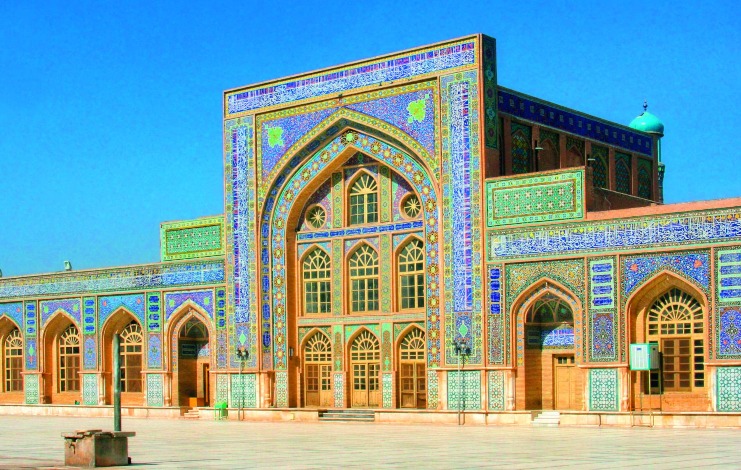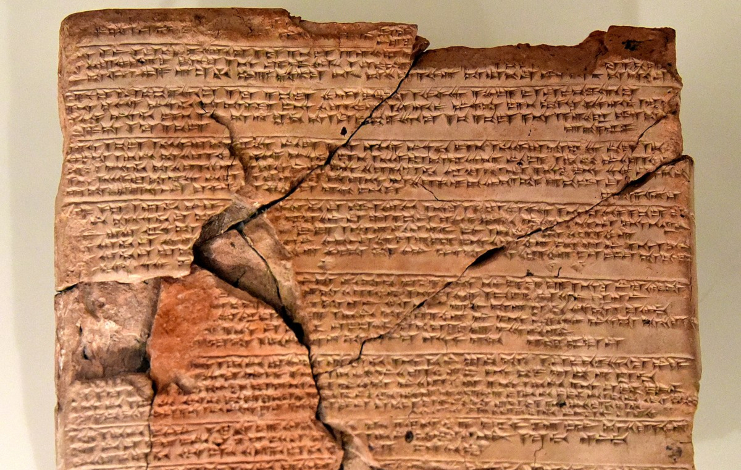History is all around us, linking us to a past rich with culture and invention. There’s so much that we use and see in our daily lives that we can trace its origins to the Middle East.
The MENA region is full of firsts, that some may not know about, so we have done some digging to see what from we see today has its origins from the region.
Toothbrushes
Toothbrushes date back to 3,500 to 3,000 BC coming from ancient Egypt and Babylon; however, they didn’t look like what we know today. Instead, they were more like twigs from a certain tree that ancient Egyptians and Babylonians used to brush off the plaque from their teeth, keeping them fresh and clean. White teeth, at the time, were also considered a sign of good hygiene, youth, and beauty!
In the seventh century, the Arabs had something similar, as Muslims believe the Prophet Mohamed, peace be upon him, also used a twig from a tree called a miswak, which kept teeth clean and the breath fresh, making it perfect for the desert climate.
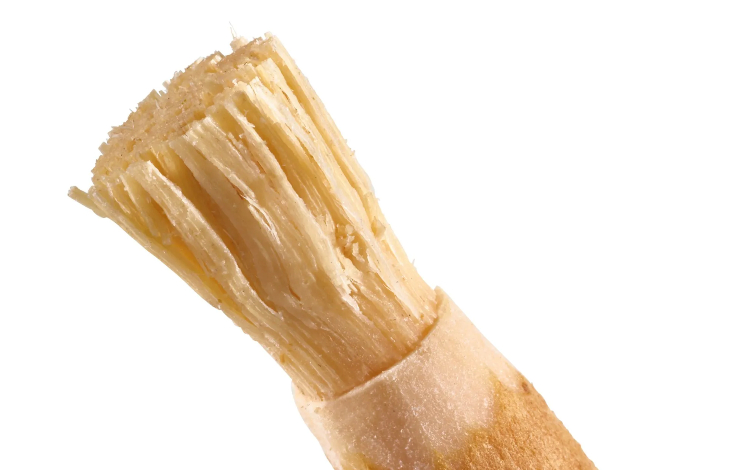
University
The oldest university in the world, as recognized by UNESCO, is none other than the University of Al-Qarawiyyin and its adjoining mosque in Fez, Morocco. Built from 857 to 859 AD, Princess Fatima al-Fihri founded the university and mosque, which are still operating to this day.
The university continues to teach some of the core curricula since its establishment, including Islamic religious and legal sciences as well as Arabic grammar and linguistics. Besides the locals, students come from all over the world, with many hailing from West Africa and Spain too.
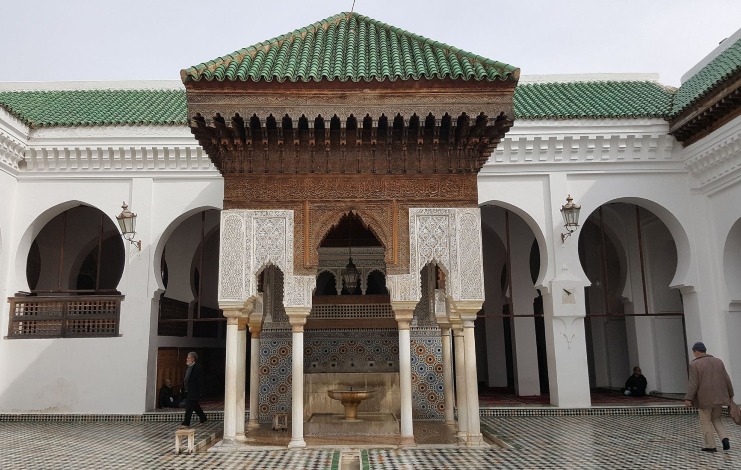
Hospitals
This one has a lot of debate around it as historians argued that two hospitals are worthy of the title, and they’re both in the Middle East.
Some historians state that the earliest documented general hospital was in Baghdad, Iraq, built in 805 and founded by Abbasid caliph Harun al-Rashid. Unfortunately, we know little about the hospital, only that the well-known Persian physician Bakhtishu family was in the caliph’s court at the time, so they might have had a vital role in its foundation.
Other historians point to Sultan Ahmed ibn Tulun’s Al-Fustat hospital, founded in 872 in Cairo, Egypt. This hospital we know more about; the hospital offered free treatment to whoever needed it, no matter their social status. Some historians also consider it one of the earliest psychiatric hospitals in the world.
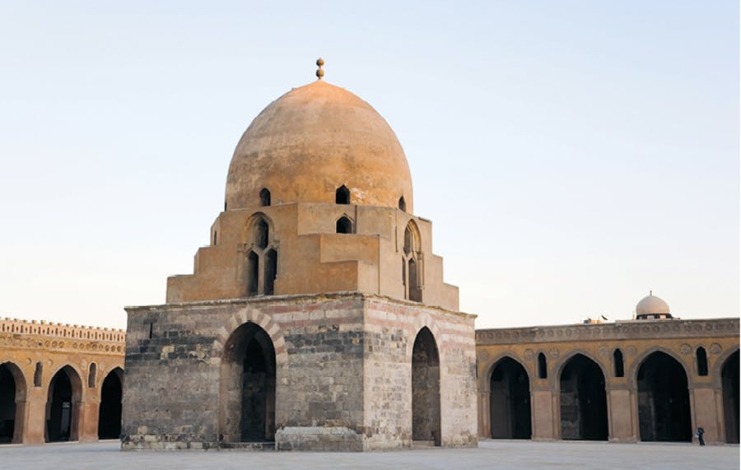
Peace Treaty
The first-ever peace treaty in history was signed by Egypt in 1274 BC. The ancient Egyptian Kingdom under Pharaoh Ramesses II created the treaty with the Hittite Empire under Muwatalli II after the battle of Kadesh, where the two clashed for supremacy over the Levant region.
The treaty included a long-lasting alliance between the two nations, including protecting each other from invasions and to squash any rebellions that might arise in the future. It also proclaimed that none of the signing nations would fight again with the responsibility of maintaining the peace handed down to the rulers’ lineage.
Coffee & Cafés
You have Yemen to thank for your coffee and mocha, as the country’s port city of Mocka was bustling with trade, especially with coffee, having a monopoly on the beans in the region for centuries.
The coffee was heavily used by Sufis, who drank it to stay up late for their studies and prayers; it would later spread all over the Middle East, becoming popular in Cairo where people enjoyed it while discussing several subjects.
With more and more people drinking the addictive hot beverage, it was only a matter of time for coffee shops to appear, with the first café named Kiva Han documented opening up in Turkey in 1475. Interestingly, in 1511 there was an attempt to ban coffee considering it a dangerous drug that stimulated radical thinking, thankfully it would later get unbanned.
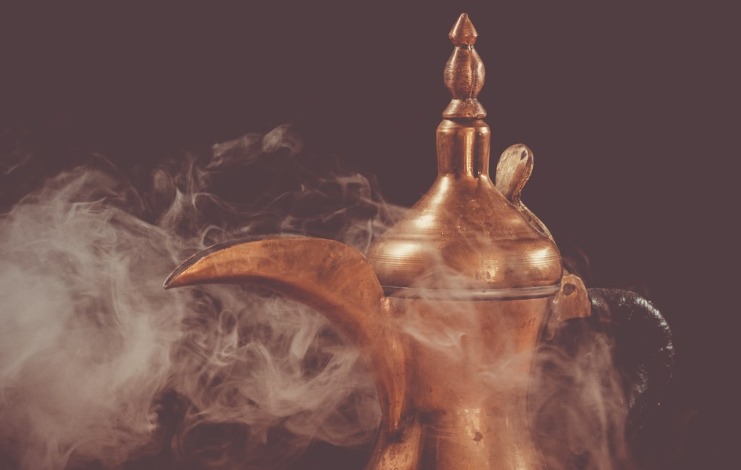
Fountain Pen
Writing with a quill and ink was the standard for a long time during the middle ages, and in the Middle East, it wasn’t any different; however, an Egyptian sultan felt frustrated by its limitations.
Egyptian Sultan Al-Muezz was an educated man who loved philosophy and writing his thoughts, but he grew tired of the quill and the mess it can make when writing, so he ordered the construction of something new.
He ordered his vizier to find a craftsman who would invent a pen that would have the ink within it and wouldn’t leak its contents unless when writing, and thus the first form of the fountain pen was born in 953.
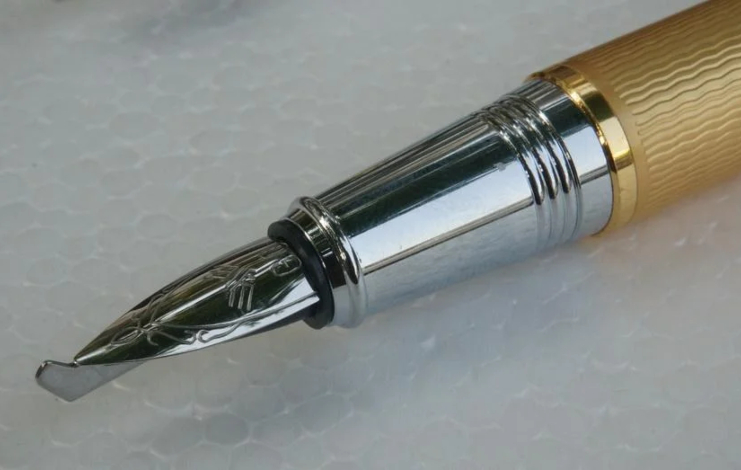
While most of Europe was living in what was called the Dark Ages, the MENA region was living its golden one, making their mark on history forever. That mark can be seen in a lot of things around us today, you needn’t do anything but look.
Apple
Yes, you read that right. In honor of Arab Heritage Month, news resurfaced about tech mogul, Steve Jobs being of Syrian descent making the ubiquitous technology brand of Arab origin. So next time you pick up your iPhone or laptop, know that you’re carrying a little bit of Arab history.

WE SAID THIS: Don’t Miss… The Hajj Through Art And Objects From Around The World


